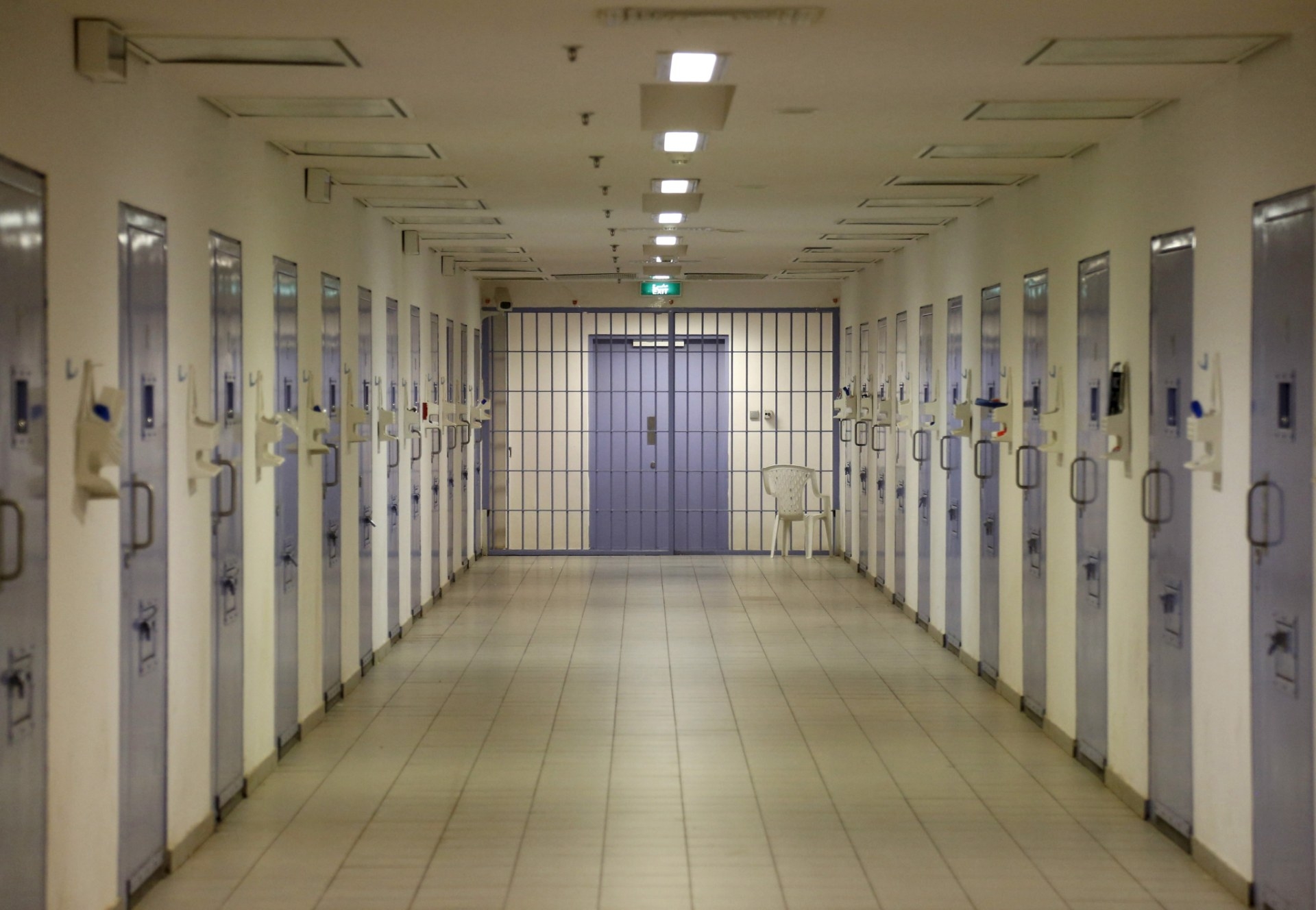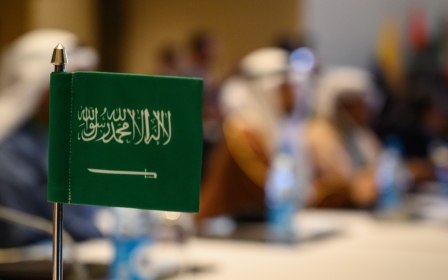Arabic press review: Hamas says detainee mediation with Saudi Arabia fruitless

Hamas mediation with Saudi Arabia fruitless
Hazem Qassem, a spokesman for Hamas, has revealed that the Palestinian group has spoken to a number of mediators to intervene and end the plight of Palestinian detainees in Saudi Arabia, but that the discussions have not produced any positive results, according to the London-based newspaper Al-Arabi Al-Jadeed.
On Friday, Human Rights Watch said Saudi Arabia’s mass trial of 68 Palestinian and Jordanian residents raised serious concerns about due legal process, amid allegations of violations.
Saudi Arabia has arrested dozens of Palestinians and Jordanians who have been living in the country for long periods and charged them with dealing with a “terrorist entity,” a reference to Hamas.
Among the detainees is Muhammad al-Khudari, the former official representative of Hamas in Saudi Arabia.
Qassem said: “It is unreasonable to continue arresting these people without any proof of guilt. These detainees did nothing wrong or made any transgression, and all their work was focused on supporting the Palestinian cause and our Palestinian people."
TV presenter arrested for 'offending Kuwait and the army'
Kuwait's attorney general has issued an order to detain a presenter on Kuwait TV in order to complete investigations into a lawsuit against her by the Ministry of Interior, according to the Kuwaiti newspaper Al-Qabas.
An informed source said that the public prosecutor has charged Dalia Badran with "offending Kuwait and the armed forces" and ordered her detention to complete the investigation, the newspaper said.
Badran sparked widespread controversy among Kuwaitis earlier this month when she called for the departure of US forces in Kuwait and their replacement with Egyptian soldiers.
Social media activists accused Badran of fomenting sedition, after she justified her demands on the grounds that it was an attempt to protect Kuwait from "internal and external enemies".
Corona corruption in Saudi Arabia
Saudi authorities have announced the start of an investigation into alleged financial and administrative corruption relating to the coronavirus pandemic. The case involves senior officials in the ministries of health and tourism, according to The New Khalij website.
An official from Nazaha, the kingdom's anti-corruption commission, said it had started an investigation into two officials along with six other people, one of whom owns a hotel.
The case relates to alleged exploitation housing provided by the state as locations to quarantine citizens returning to Saudi Arabia from overseas.
The officials are accused of obtaining commissions from the hotels where the returnees stayed at the expense of the Ministry of Health.
The move resulted in more expenditure than the fair price for the services being paid for by the state, according to "Nazaha".
A source said that one of the officials “violated his job duties by passing an exaggerated price offer to the Ministry of Health by virtue of his work in the Ministry of Tourism.”
Kuwait to expel 250,000 expatriates
Kuwait aims to dispense with 250,000 expatriates under plans already drawn up, according to the Kuwaiti newspaper Al-Rai, in a story based on informed sources who have not revealed their identities.
The plan will be implemented immediately after the end of the coronavirus crisis, the paper said.
Sources stated that the plan is divided into two parts. The first part is short term and will begin immediately after the easing of the crisis and play out over a period of between three months and just under a year.
It aims to expel approximately 250,000 expatriates, particularly those who violated their residency terms and whose contracts with government ministries have ended.
Currently, Kuwaitis account for just over 30 percent of the country’s 4.7 million population, at 1.4 million.
The second, long term plan, will be implemented within five years and aims to dispense with a further two million expatriates and introduce a quota system.
After five years, the plan aims for the number of Kuwaitis to reach 50 percent of the total population.
The sources said that workers in the government sector, especially in non-technical jobs, will be fired immediately as soon as their contracts expire.
According to the same sources, the Ministry of Social Affairs and Labour has finalised a road map to address the demographic issues and presented some of its features to labour ministers in the Gulf Cooperation Council.
Arabic press review is a digest of reports that are not independently verified as accurate by Middle East Eye.
Middle East Eye delivers independent and unrivalled coverage and analysis of the Middle East, North Africa and beyond. To learn more about republishing this content and the associated fees, please fill out this form. More about MEE can be found here.





